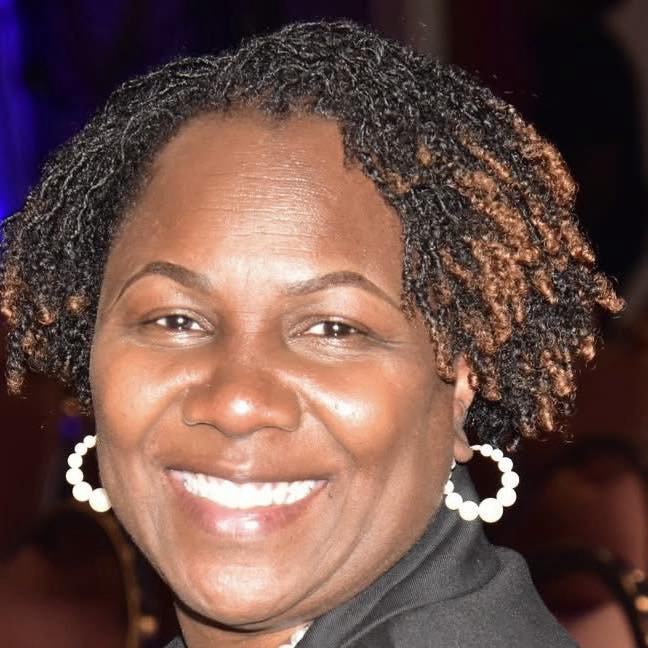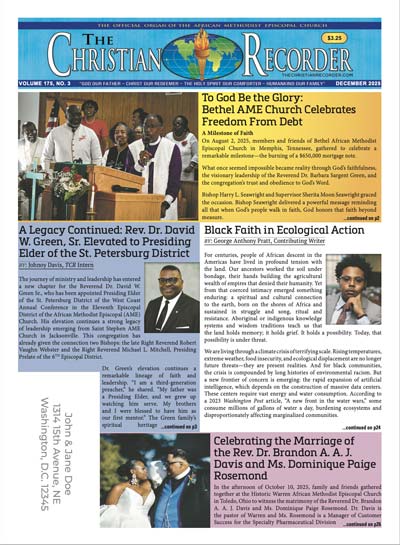By Rev. Stephanie M. Atkins, AMEWIM Connectional Herstoriographer
1st Episcopal District
One of the most common complaints in city life is traffic. Whether you’re riding in an Uber, driving your own car, or catching a Lyft, few things test our patience more than a clogged highway. We grumble, grow restless, and speculate about the holdup, only to discover, when we finally inch forward, that there’s no visible cause for the delay. No accident. No construction. Just congestion, confusion, and chaos.
Recently, while driving along the I-95 expressway, I noticed something small but significant—something that triggered a deeper reflection. What frustrated me most wasn’t the number of cars or even the slow pace, it was the drivers who kept switching lanes without signaling.
When a driver uses their turn signal, it gives others a chance to anticipate their move, to slow down, to adjust. But when someone swerves without warning, it disrupts the flow. It causes a chain reaction of sudden braking, swerving, and often, irritation. A simple signal changes everything.
And in that moment, I began to think: how different would it be if life came with signals like that, especially when we’re approaching the transitions that come with loss?
In nature, seasons change with signs. The temperature dips. The days get shorter. The wind grows sharper. Clouds gather, and we sense a storm is coming. Even when we don’t know the exact moment, the atmosphere lets us know something is about to shift.
But loss, real, deep, heart-shattering loss, often comes without warning. Or worse, it comes with signals we can’t interpret until it’s too late. Sometimes, if we’re fortunate, a loved one may offer us a subtle hint, a gesture, a word, a final embrace, that signals a coming transition. But even then, when the moment arrives, it doesn’t soften the blow. Whether anticipated or unexpected, the weight of loss can feel the same: heavy, hollow, disorienting.
It doesn’t matter how strong you are, how spiritual you are, or how prepared you think you are. Being saved doesn’t spare you. Being called doesn’t cancel the pain. Being the pastor, the counselor, the rock for others, it doesn’t prevent the ache in your own soul.
Only one thing helps, being open.
Open to the memories.
Open to the legacy.
Open to the sorrow, and to the joy.
Open to the laughter that echoes even now.
Open to their spirit, which may have left the room but not your heart.
Grief has a way of creating more questions than answers. It replaces certainty with stillness, dreams with memories, noise with silence. And yet, if we let it, grief can also teach us. It reminds us that we loved deeply. That we were shaped by someone who mattered. That even in their absence, their presence lingers.
Loss will always take our breath away. But it can also give us new breath, one that carries not just pain, but purpose. One that whispers, you are not alone. One that dares to say, this hurt will not be the end of you.
So, the next time you find yourself stuck in the traffic of sorrow, confused, frustrated, undone by the silence, remember even when there are no signals, you’re not without direction. Lean into the love that remains. Trust the road ahead. And hold on to the truth that even in loss, life continues to move, carrying you forward, one breath, one memory, one sacred step at a time.







This article was very well written with clarity, understanding, empathy and compassion.